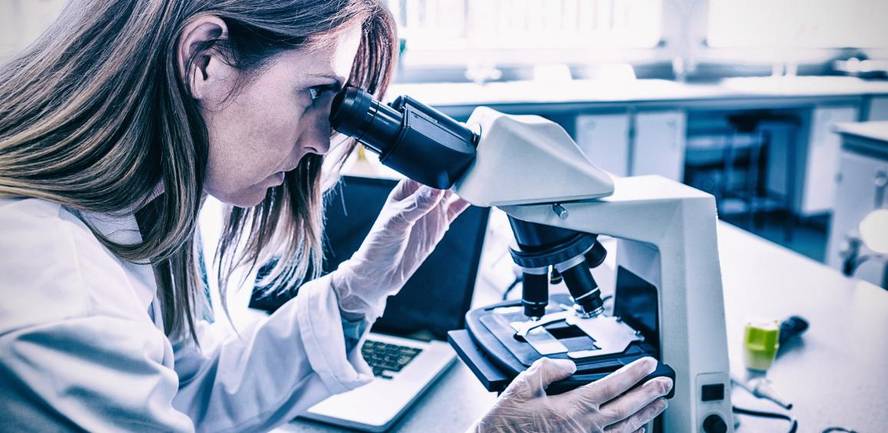Report a SARS-CoV-2 virus reinfection
Researchers at the University of Hong Kong announce that a man has been infected for the second time with the SARS-CoV-2 virus. It was first infected in March, was opitalised and was discharged in April. Now, in mid-August, he was detected by the virus after his stay in Spain and had no symptoms.
The researchers have proven that it is a reinfection and not a poorly cured or resurrected disease, since the genome of the virus that has infected this time is different from that of spring: the genetic study has shown differences in 24 nucleotides.
The long duration of antibodies against SARS and MERS causes scientists to expect the same to happen with COVID-19. However, there are indications that antibodies from some patients who exceed covid-19 last little. This case confirms it. In this sense, it would be similar to the other crowns that produce colds. Researchers have warned that those who have passed the covid-19 should continue to wear a mask and leave room. They should also be vaccinated.
The scientific article will be published in the journal Clinical Infectious Diseases, where more details will be given. Meanwhile, Akiko's Iwasaki Yale University researcher has made some comments on Twitter. In his opinion, the news should not be taken seriously.
In fact, its asymptomatic character indicates that, without being antibodies, the immune response to the first infection has prevented the development of symptoms. In addition, it has produced antibodies after the second infection, which Iwasaki has considered hopeful. However, he does not believe that collective immunity can be achieved through natural infections, but that the vaccine is the only way to achieve safe and effective group immunity.
Finally, this case has seemed like a good example of how a first infection protects from the following, but has admitted that more research is needed to know the consequences of reinfections.






